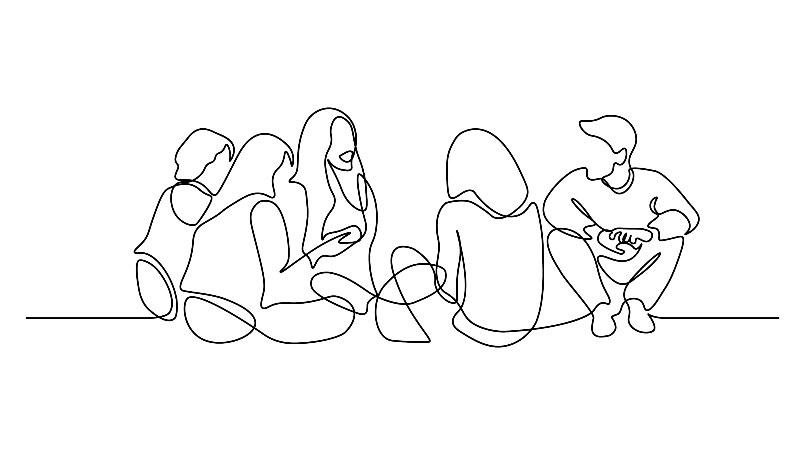
February 22 - 28 is National Eating Disorder Awareness Week
Dr. Jaime Taylor, medical director at the Beaumont Hough Center for Adolescent Health and director of adolescent medicine at Beaumont Children’s, has seen a near 50% increase in eating disorders since the beginning of the COVID-19 pandemic.
The National Eating Disorders Helpline (800-931-2237) has had a 107% increase in calls as well.
Several factors play into those surges, but Dr. Taylor attributes many of those new cases to:
- social isolation
- lack of daily structure
- increased screen time
“It’s not unusual for adolescents and teens, to experience increased anxiety and depression during this time,” explains Dr. Taylor. “One of the most common, albeit unhealthy responses, is to embrace unhealthy attitudes toward food.”
The pandemic has left young people with a lot of idle time that they are filling with social media. Dr. Taylor says is important to limit or monitor the type of content being consumed because, “The thin ideal exists across every media platform. There are many messages about remaining ‘healthy’ and fit and avoiding weight gain while quarantined.”
Adolescents have also experienced significant isolation. School cancelations made skipping or avoiding meals and access to snacks easier.
How to identify an eating disorder
When it comes to identifying an eating disorder, Dr. Taylor says it’s important to pay attention to changes, which can include:
- decreased portion sizes
- skipping meals or snacks
- increased awareness of “healthiness of food”
People with eating disorders often develop rituals around food. They can become more restrictive in their eating, cutting out foods that they typically loved to eat in the past. Movement that feels compulsive i.e. pacing or a strong need to exercise can be concerning as well. Any significant weight change either up or down should be a concern.
It’s also important to remember that eating disorders impact people of all body shapes and sizes. “We often forget that you cannot tell if a person has an eating disorder simply by looking at them,” adds Dr. Taylor.
Preventing an eating disorder
There are several things that can help young people, and even adults, prevent unhealthy relationships with food and body that put them at risk for disordered eating and eating disorders.
“We shouldn’t talk about whether food is healthy or unhealthy, good or bad. All food fits in balance and variety. We should eat broccoli more often than we eat cake, but most people would prefer cake on their birthday. We shouldn’t feel badly about eating the cake,” says Dr. Taylor. “Food serves a purpose - not only for nourishment, but also for fellowship social interactions and enjoyment. It also can provide comfort especially in times of a global pandemic.”
Food serves a purpose - not only for nourishment, but also for fellowship social interactions and enjoyment. It also can provide comfort especially in times of a global pandemic.
Dr. Taylor
Dr. Taylor stresses that we all need to focus on the idea that health is represented by balance in all aspects of our life.
Finding help
Dr. Taylor also wants patients and their parents to know that help is available.
If you’re concerned about yourself or a loved one there are resources and the best place to start is with a primary care physician.
“Express your concerns and be persistent,” Dr. Taylor instructs. “If you sense something is wrong, chances are there is. Our goal in medicine is always prevention followed closely by early detection.”
Disordered eating and eating disorders are not something you should wait and see what happens or try to handle on your own. Early intervention can result in rapid recovery and prevention of relapse. Seek help as soon as you are concerned there is a problem.
